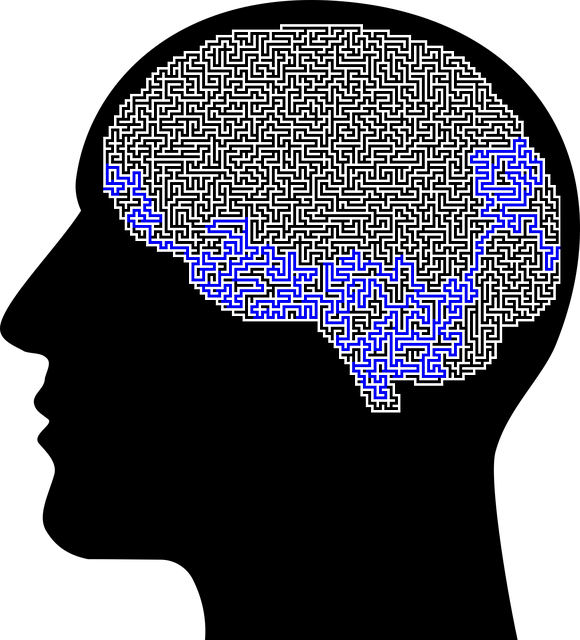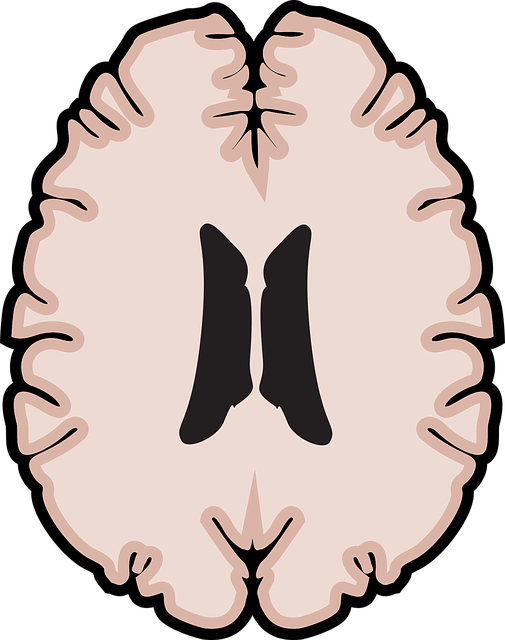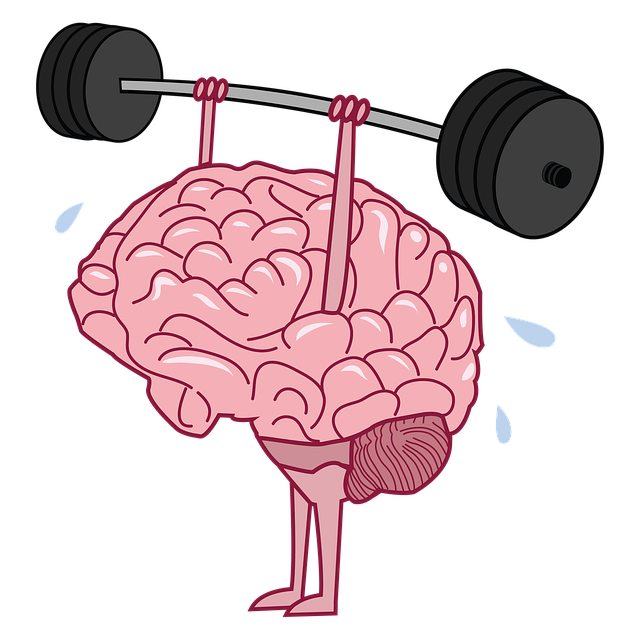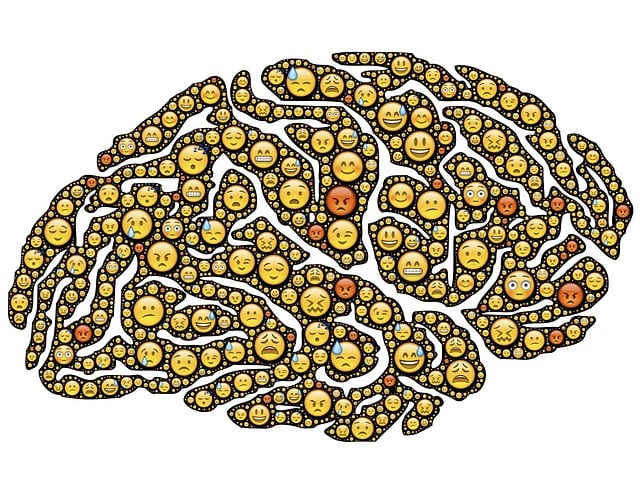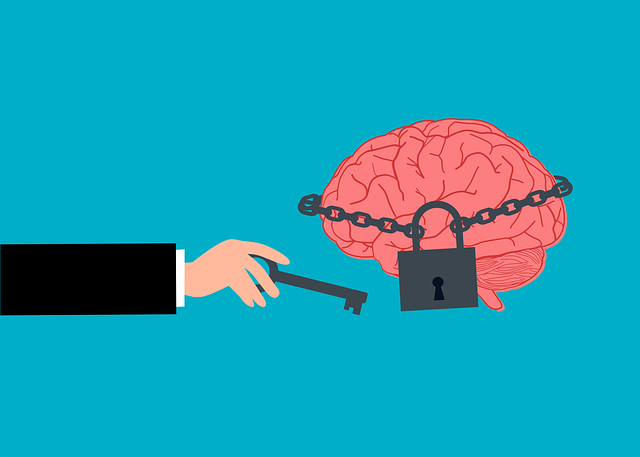Mental health conditions significantly impact social interactions, leading to isolation and exacerbating symptoms. Lone Tree Grief Counseling Therapy offers Social Skills Training (SST) to address these challenges. Through exercises like self-awareness, risk management planning, and healthcare provider training, they empower individuals to navigate social situations better. SST focuses on communication skills, conflict resolution, and stress reduction techniques, improving relationships and mental health outcomes. Tailored programs include role-playing, group discussions, and creative outlets for reflection, fostering resilience and meaningful connections.
Social skills training plays a pivotal role in managing mental health conditions, fostering healthier interactions and improved well-being. This article explores how such training can mitigate the social impact of various mental health issues, offering targeted strategies for better communication and relationship building. We delve into specific challenges associated with common conditions, practical tips for enhancing social functioning, and real-world applications at Lone Tree Grief Counseling Therapy, highlighting its transformative potential.
- Understanding the Impact of Mental Health on Social Interactions
- The Role of Social Skills Training in Therapy
- Identifying Specific Social Challenges Associated with Common Conditions
- Practical Strategies for Improving Social Functioning
- Integrating Social Skills Training at Lone Tree Grief Counseling Therapy
Understanding the Impact of Mental Health on Social Interactions

Mental health conditions can significantly shape and impact an individual’s social interactions, often presenting unique challenges in various settings. Conditions such as depression, anxiety disorders, or post-traumatic stress disorder (PTSD) may cause individuals to withdraw from social activities, struggle with communication, or exhibit behaviors that deter others. This can lead to feelings of isolation and further exacerbate the symptoms of their mental health issues. For instance, someone dealing with severe anxiety might find public speaking or even casual conversations overwhelming, hindering their ability to connect with peers at work or school.
Lone Tree Grief Counseling Therapy emphasizes the importance of understanding these dynamics to foster meaningful social connections. Self-Awareness Exercises and Risk Management Planning for Mental Health Professionals are valuable tools in recognizing triggers and developing coping strategies. Healthcare Provider Cultural Competency Training is also crucial, as it equips professionals with the skills to offer sensitive support while navigating diverse cultural backgrounds and beliefs. By addressing these aspects, individuals can enhance their social skills, improve relationships, and ultimately, promote better mental health outcomes.
The Role of Social Skills Training in Therapy

Social Skills Training (SST) plays a pivotal role in therapy for individuals managing mental health conditions, such as depression or grief, often requiring Lone Tree Grief Counseling Therapy. SST isn’t just about learning new behaviors; it’s a process that empowers clients to navigate social situations with greater ease and confidence. Through role-playing, group discussions, and practice interactions, individuals develop essential communication strategies that can help them connect with others more effectively.
This therapeutic approach goes beyond surface-level small talk. It focuses on teaching practical skills like active listening, empathy expression, and conflict resolution. By honing these abilities, clients can foster healthier relationships, reduce social anxiety, and enhance their overall well-being. Incorporating SST into therapy can significantly contribute to the success of treatment plans, especially in initiatives aimed at Depression Prevention or amplifying Public Awareness Campaigns Development, ultimately leading to more fulfilling social lives for those seeking mental health support.
Identifying Specific Social Challenges Associated with Common Conditions

Each mental health condition presents unique social challenges that require tailored understanding and support. For instance, individuals dealing with anxiety disorders often struggle with initiating conversations or maintaining eye contact, while those experiencing depression might withdraw from social interactions altogether. At Lone Tree Grief Counseling Therapy, our approach to social skills training acknowledges these nuances. We identify specific challenges associated with conditions like generalized anxiety disorder, major depressive disorder, and post-traumatic stress disorder (PTSD), among others.
By tailoring interventions to address these challenges, we empower clients with practical tools for navigating social situations. This includes teaching effective communication strategies, recognizing and managing social cues, and employing stress reduction methods such as mindfulness meditation. Additionally, mental health professionals play a crucial role in risk assessment, ensuring clients are equipped to handle potential triggers or distressing interactions.
Practical Strategies for Improving Social Functioning

Social skills training is an integral part of holistic mental health treatment, offering practical strategies for improving social functioning. For individuals navigating conditions like grief or seeking Lone Tree Grief Counseling Therapy, enhancing social connections can significantly contribute to overall well-being. One effective approach involves role-playing scenarios that mimic everyday interactions, allowing clients to practice and receive immediate feedback on their communication skills. This hands-on method fosters confidence and promotes the development of more adaptive behaviors in various social contexts.
Additionally, integrating activities that encourage empathy and perspective-taking can be transformative. Mental wellness journaling exercises, for instance, can help individuals reflect on their experiences and emotions while providing a safe space to express themselves. Similarly, the Mental Wellness Podcast Series Production can offer creative outlets for sharing stories and connecting with others who may have had similar experiences. By combining these engaging activities with professional guidance, clients can build resilience, improve social awareness, and enhance their overall mental wellness.
Integrating Social Skills Training at Lone Tree Grief Counseling Therapy

At Lone Tree Grief Counseling Therapy, we understand that social skills play a crucial role in mental well-being, especially for individuals dealing with grief and trauma. Integrating Social Skills Training into our comprehensive therapy services offers a holistic approach to healing. This training empowers clients with effective communication techniques, helping them navigate interpersonal relationships more confidently. By mastering these skills, they can better express their emotions, foster meaningful connections, and ultimately enhance their overall resilience in the face of adversity.
Our experienced therapists tailor the training to meet the unique needs of each client. Whether it’s managing social anxiety or improving assertiveness, our programs are designed to be inclusive and supportive. Through role-playing exercises, group discussions, and practical strategies, clients gain a deeper understanding of themselves and others. This process not only aids in trauma support services but also serves as effective burnout prevention strategies for healthcare providers by teaching them to prioritize healthy social interactions within their care plans.
Social skills training plays a pivotal role in enhancing mental health and improving social functioning. By addressing specific challenges associated with various conditions, as demonstrated through practical strategies and case studies like those offered at Lone Tree Grief Counseling Therapy, individuals can navigate social interactions more confidently. Integrating this type of training into therapy provides a comprehensive approach to support overall well-being.
